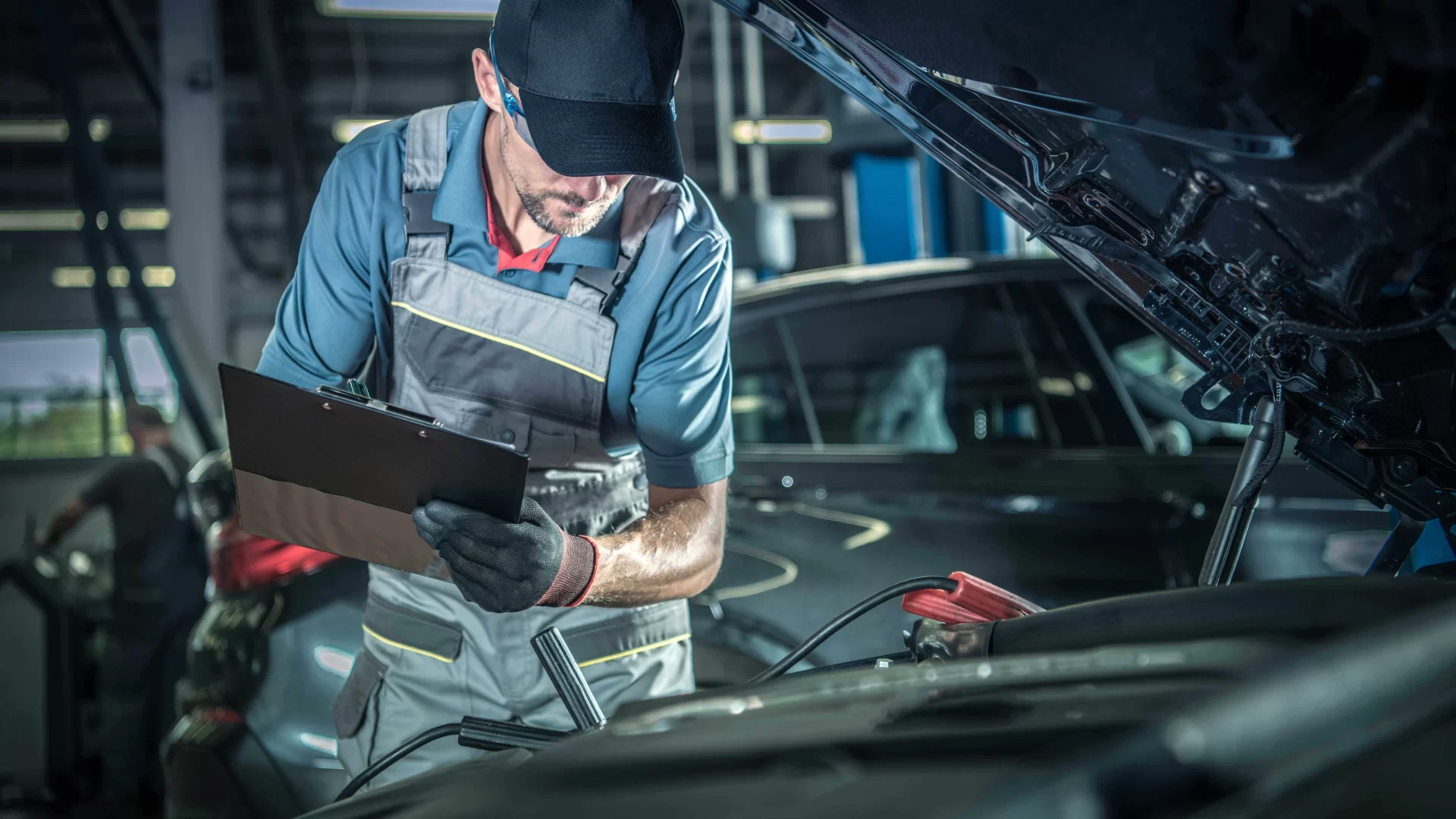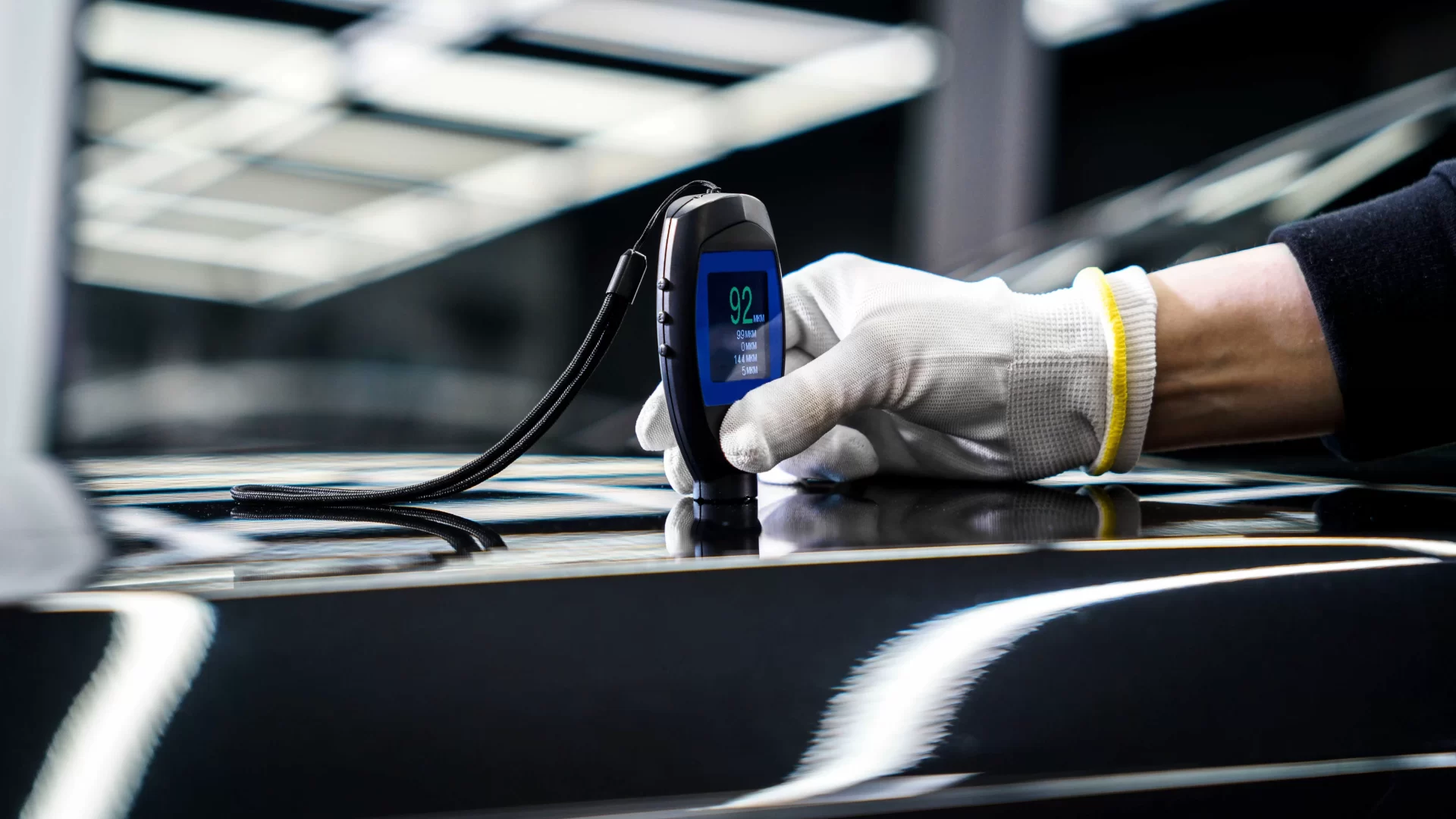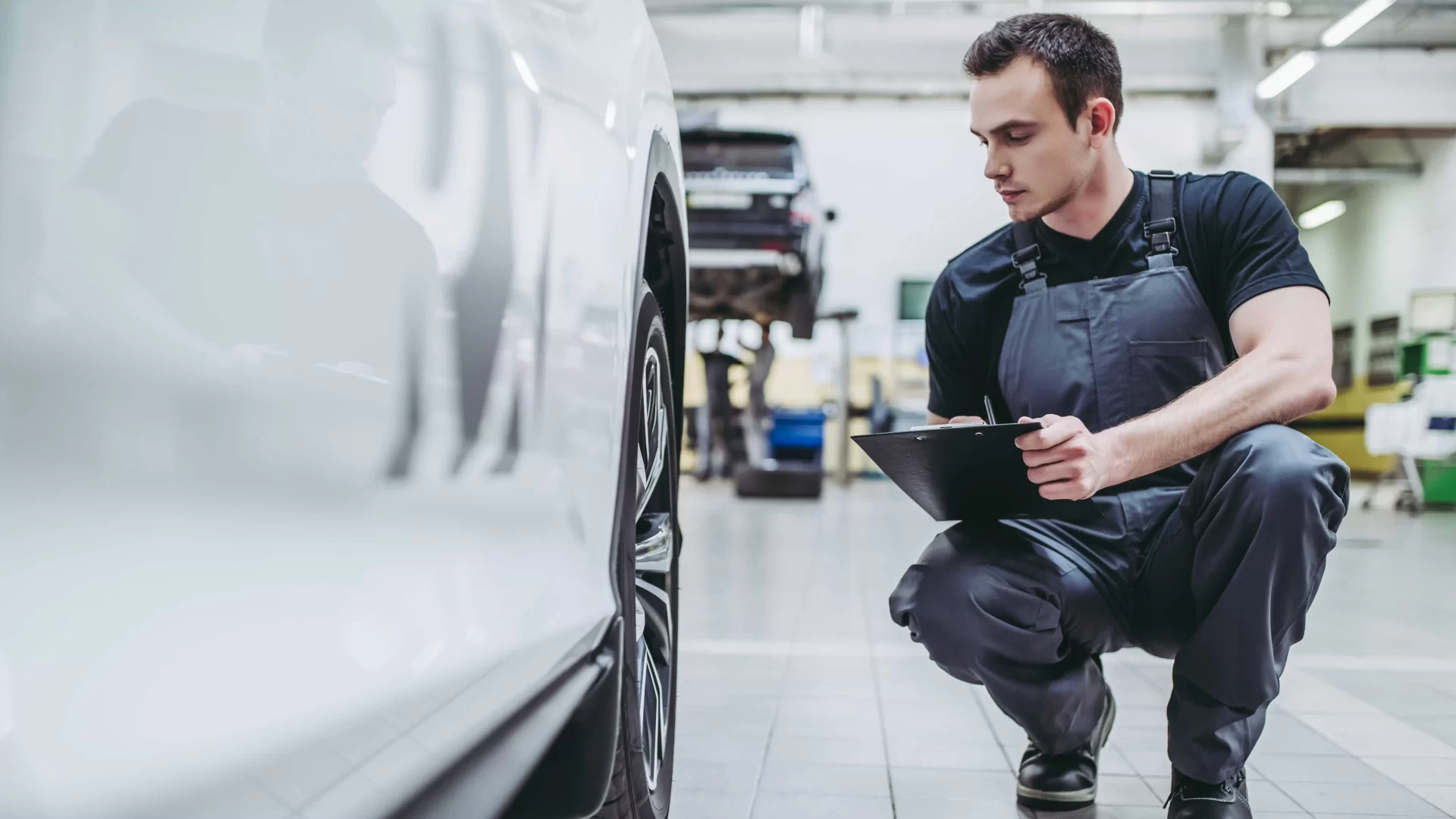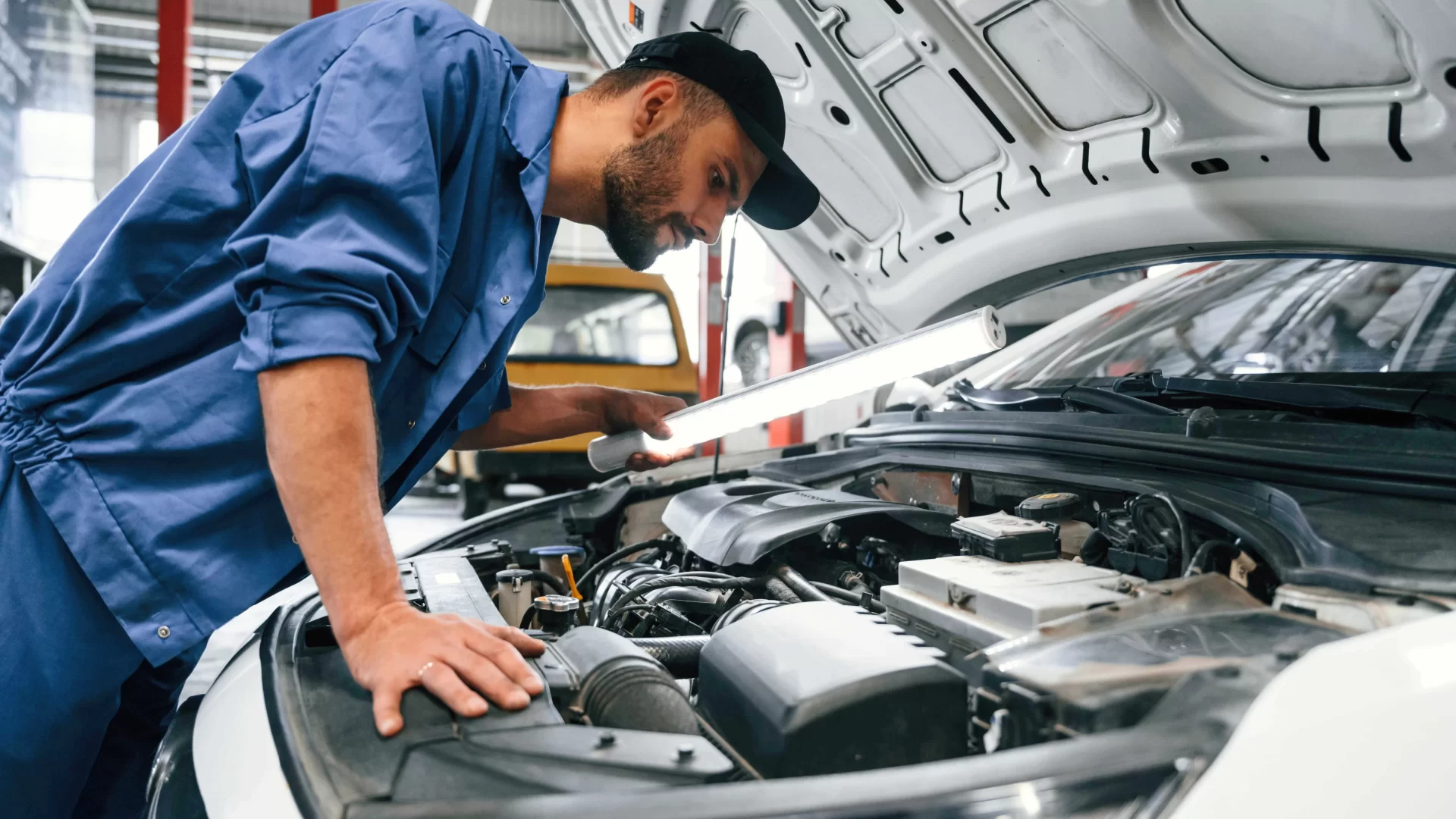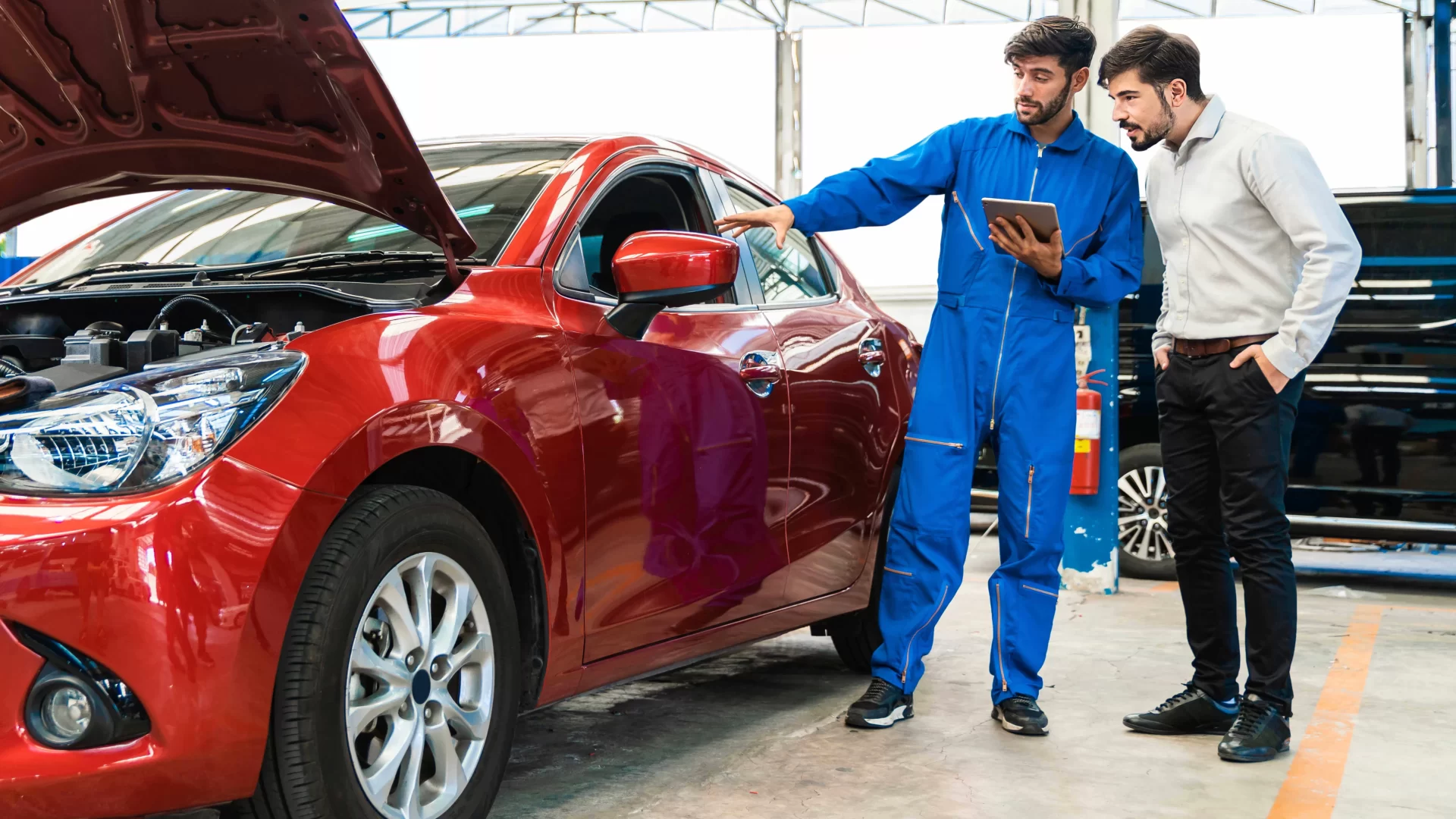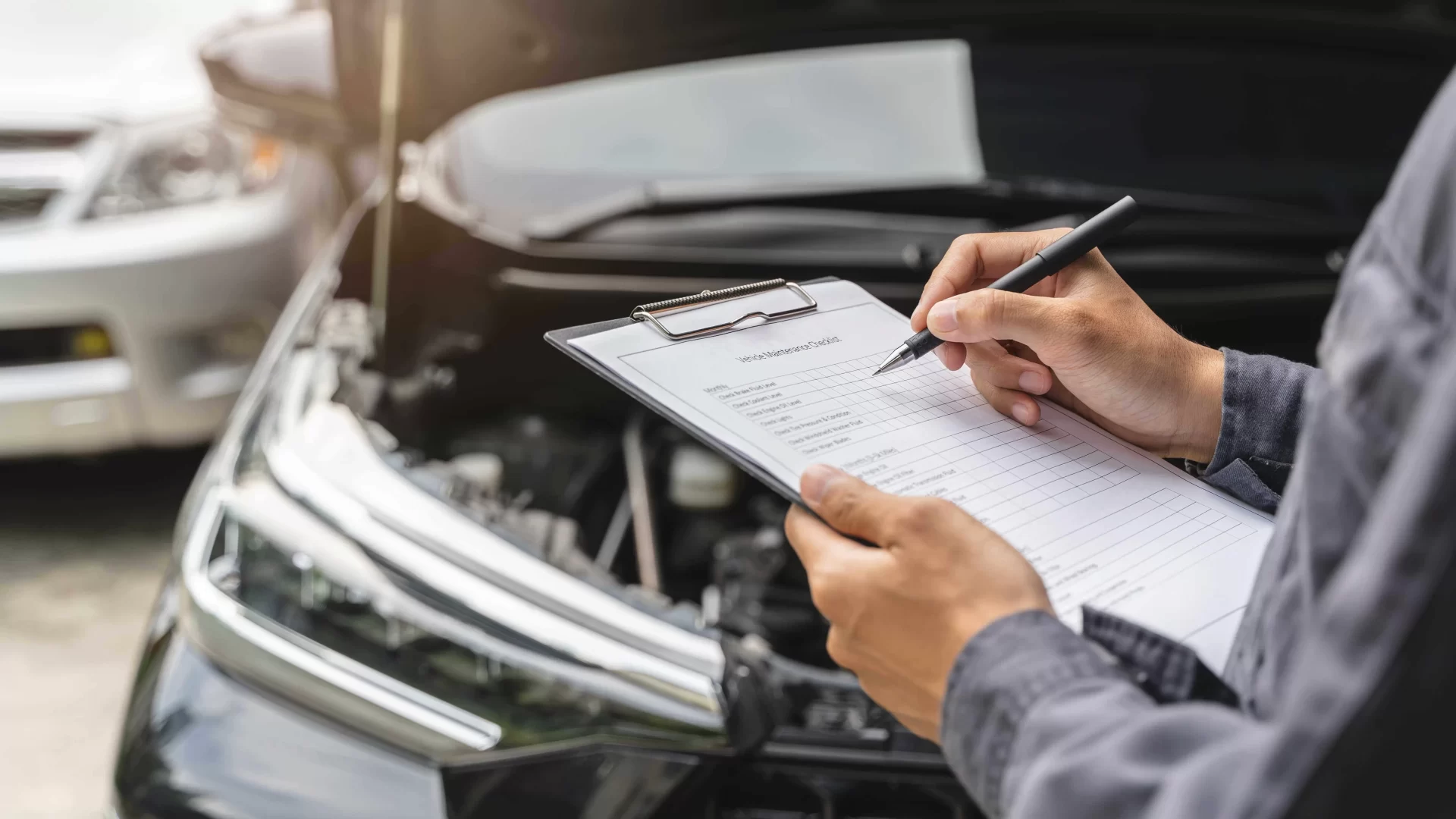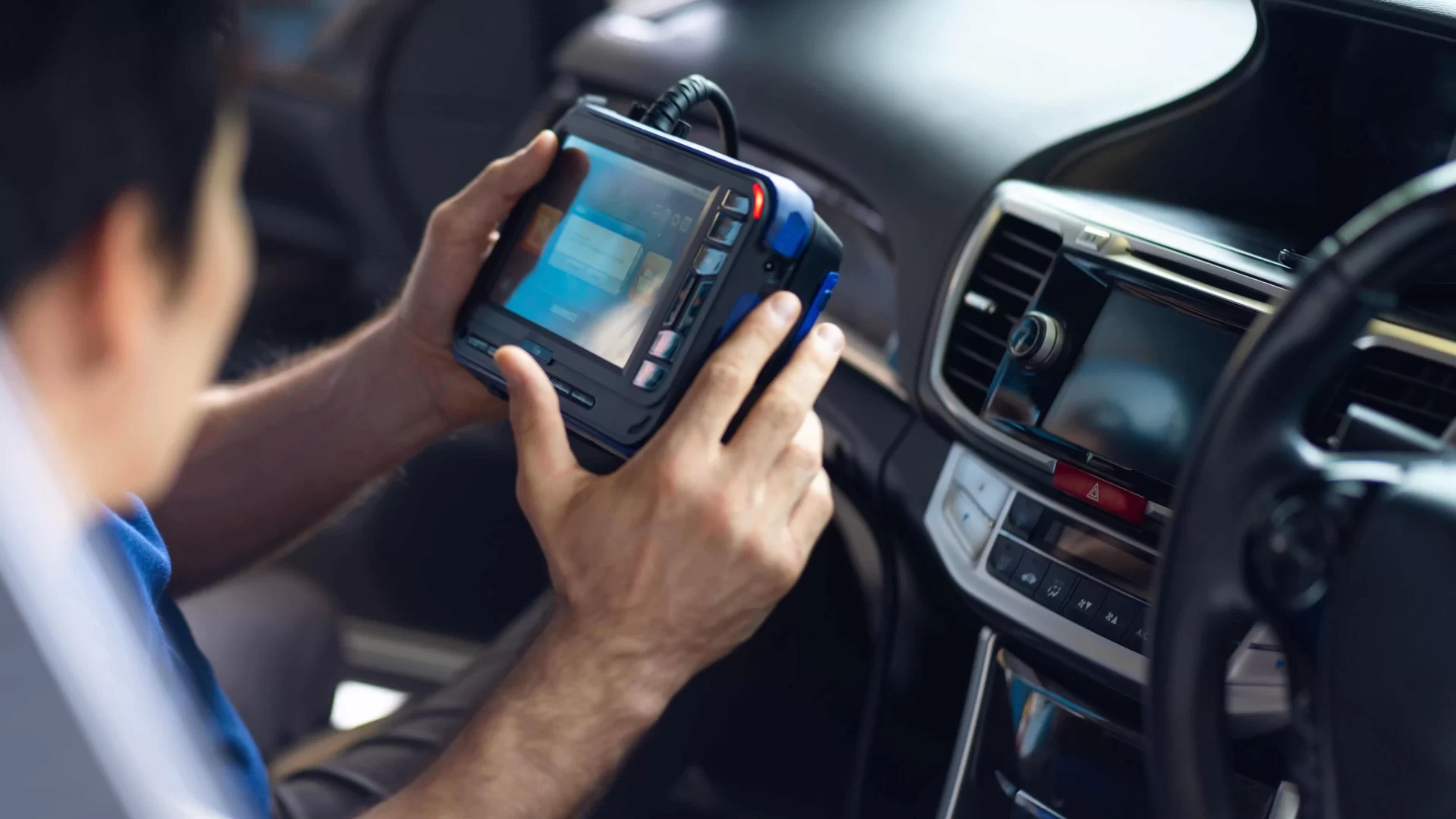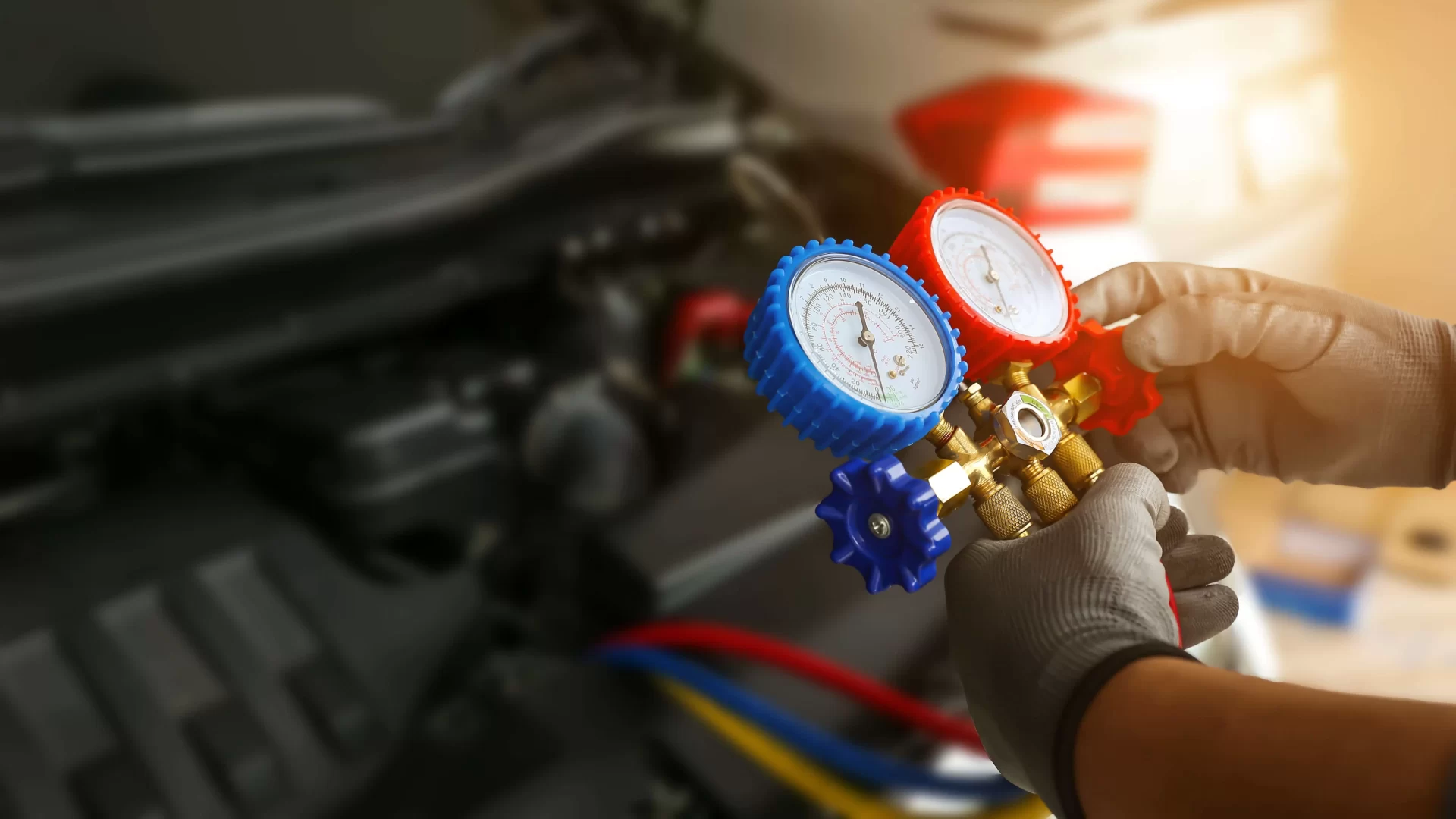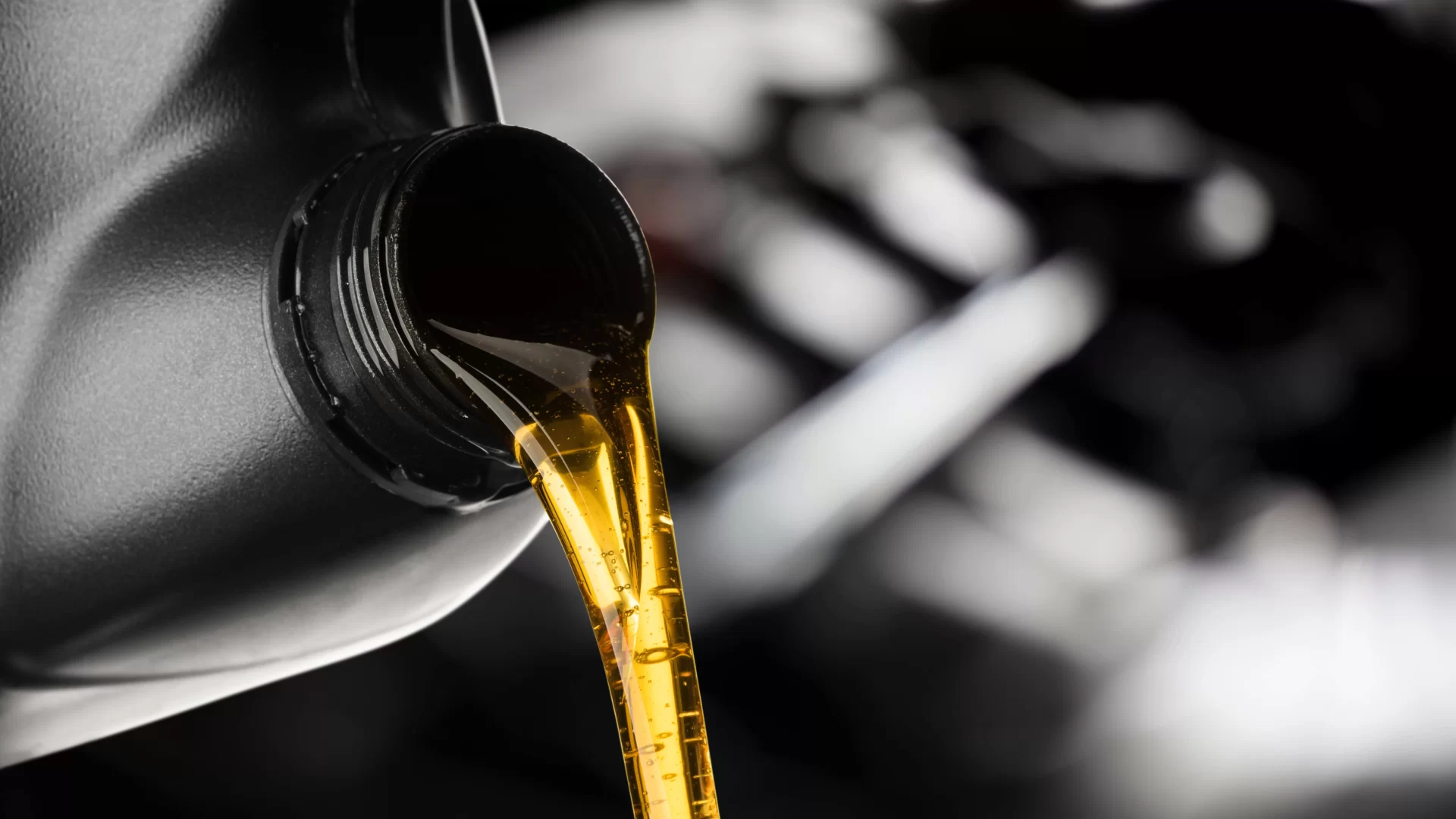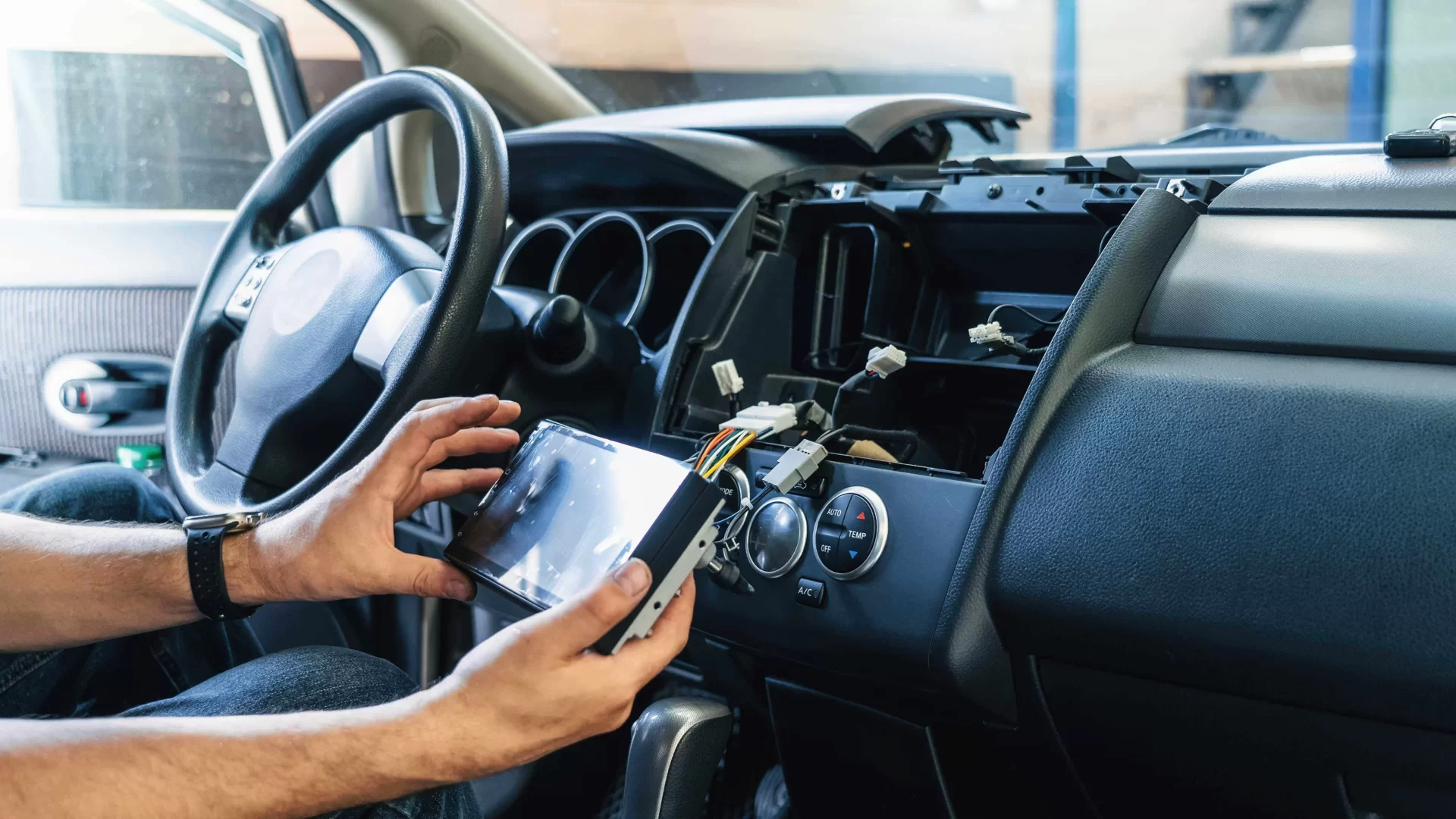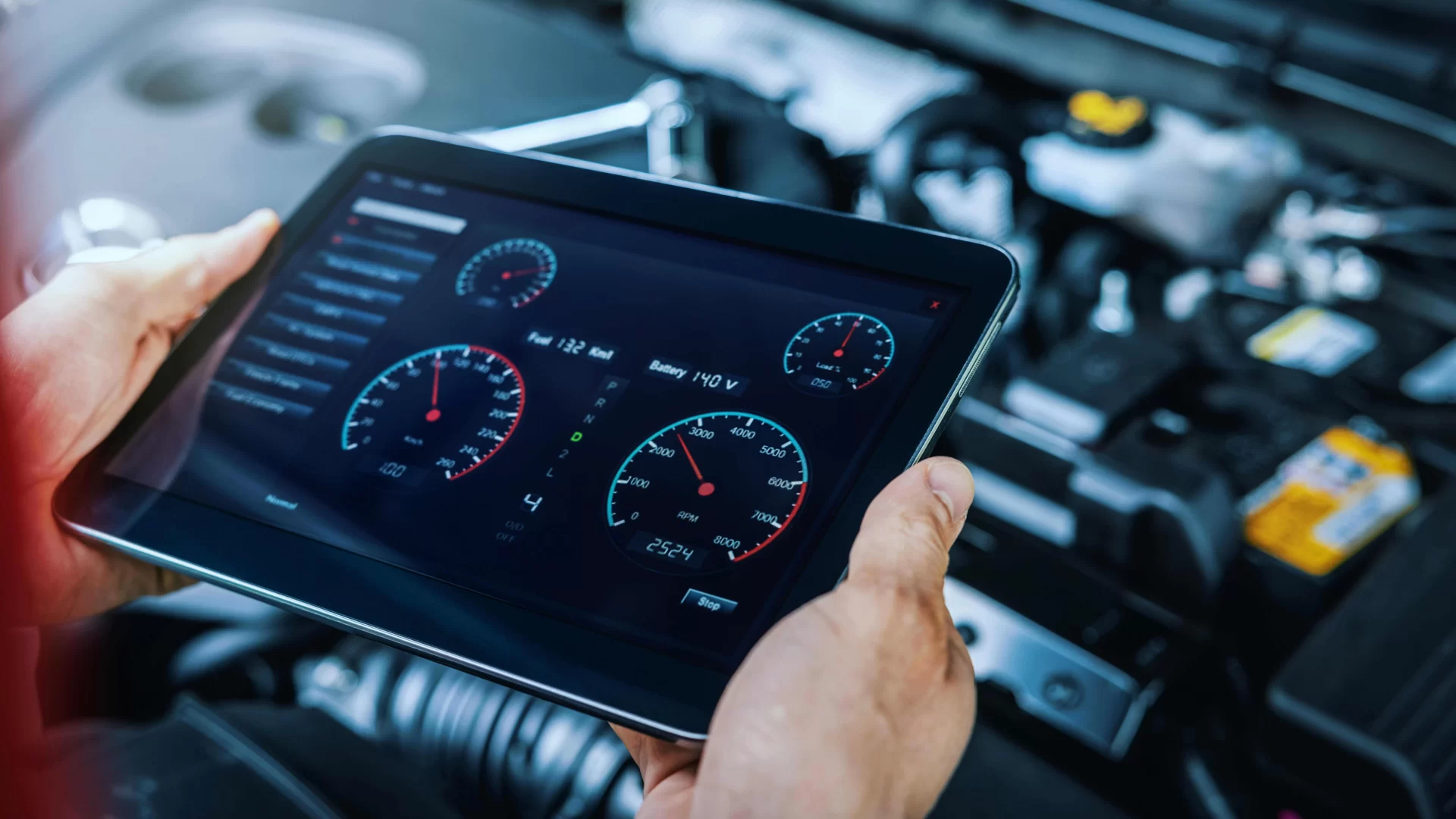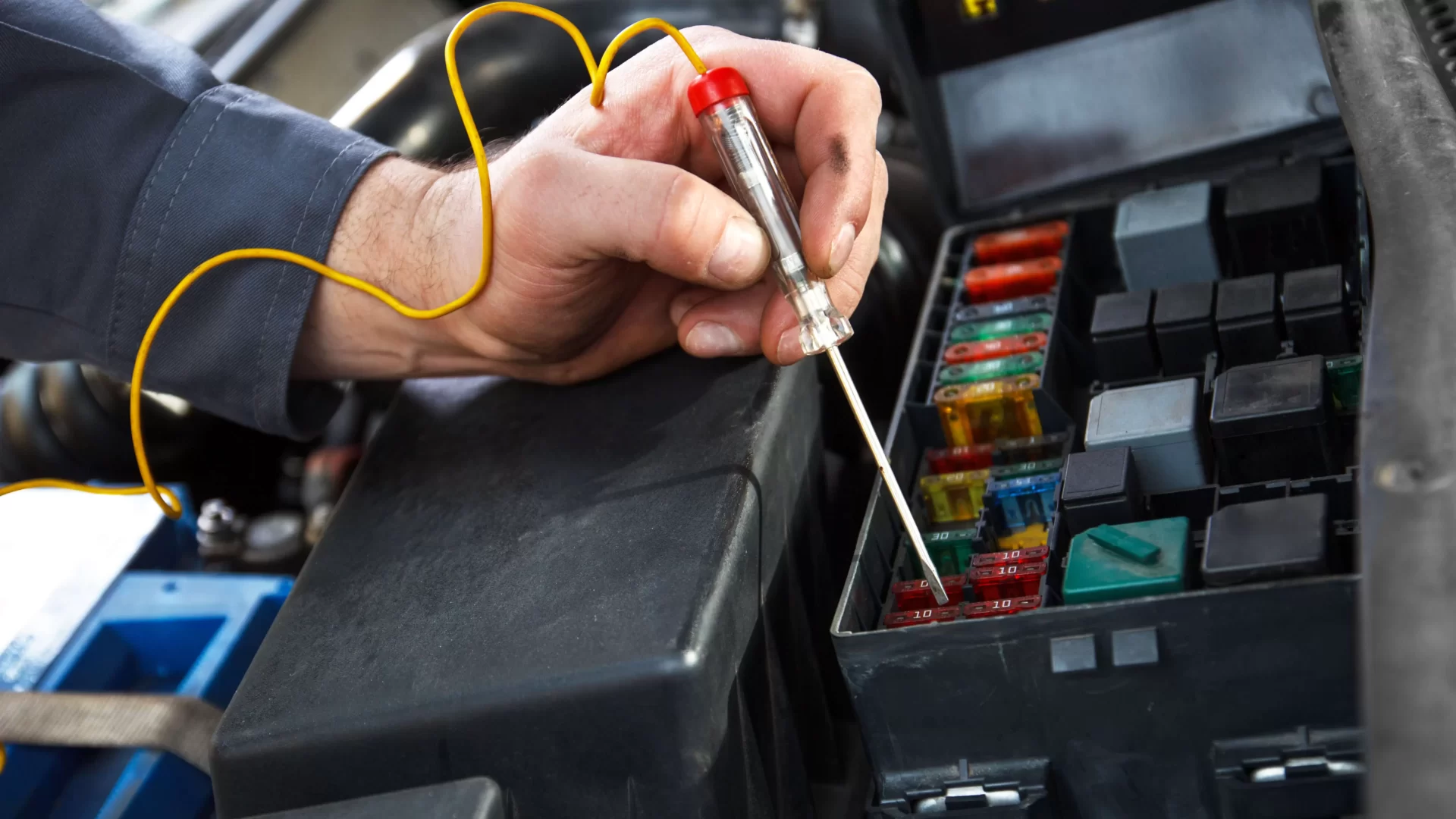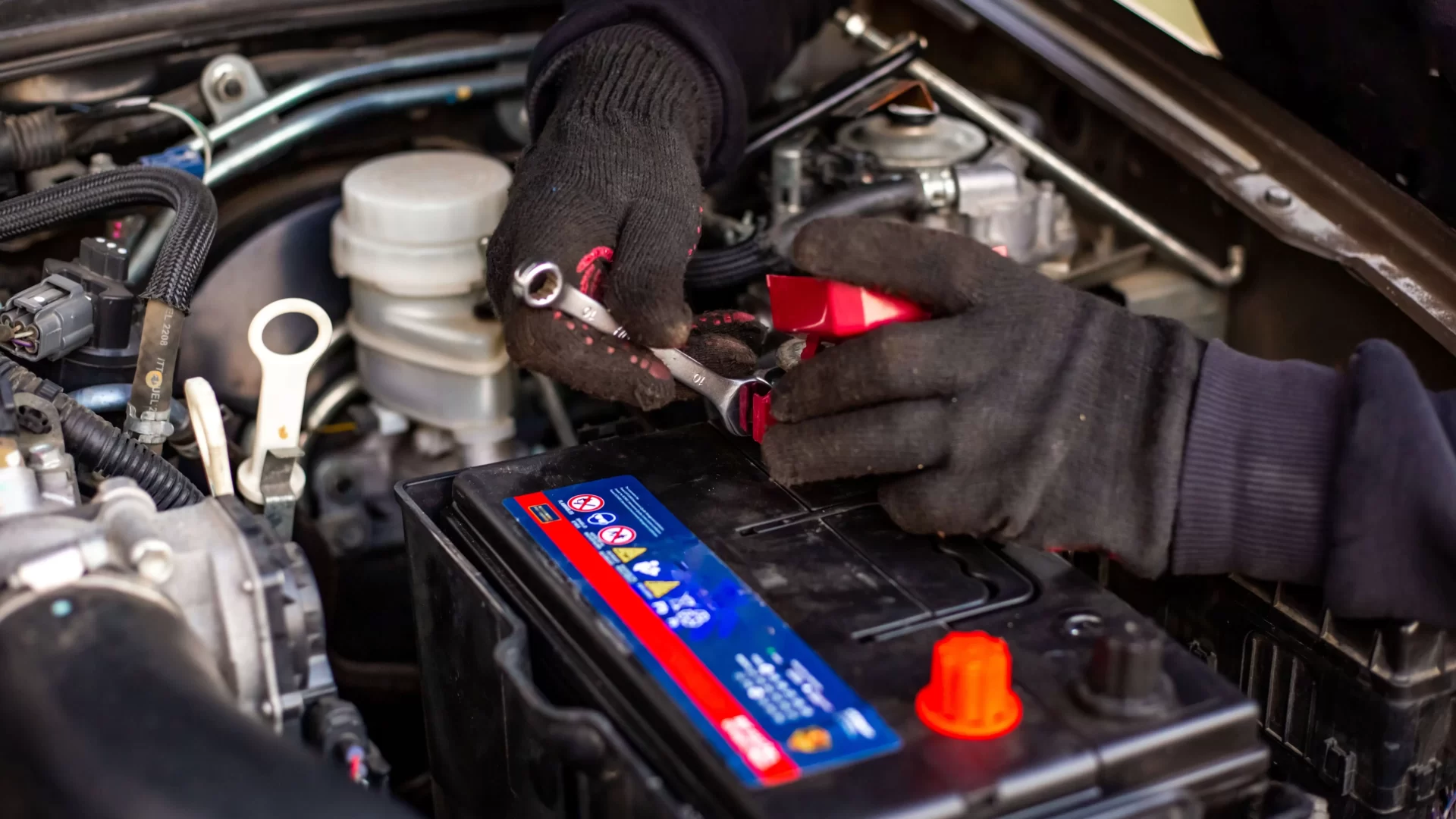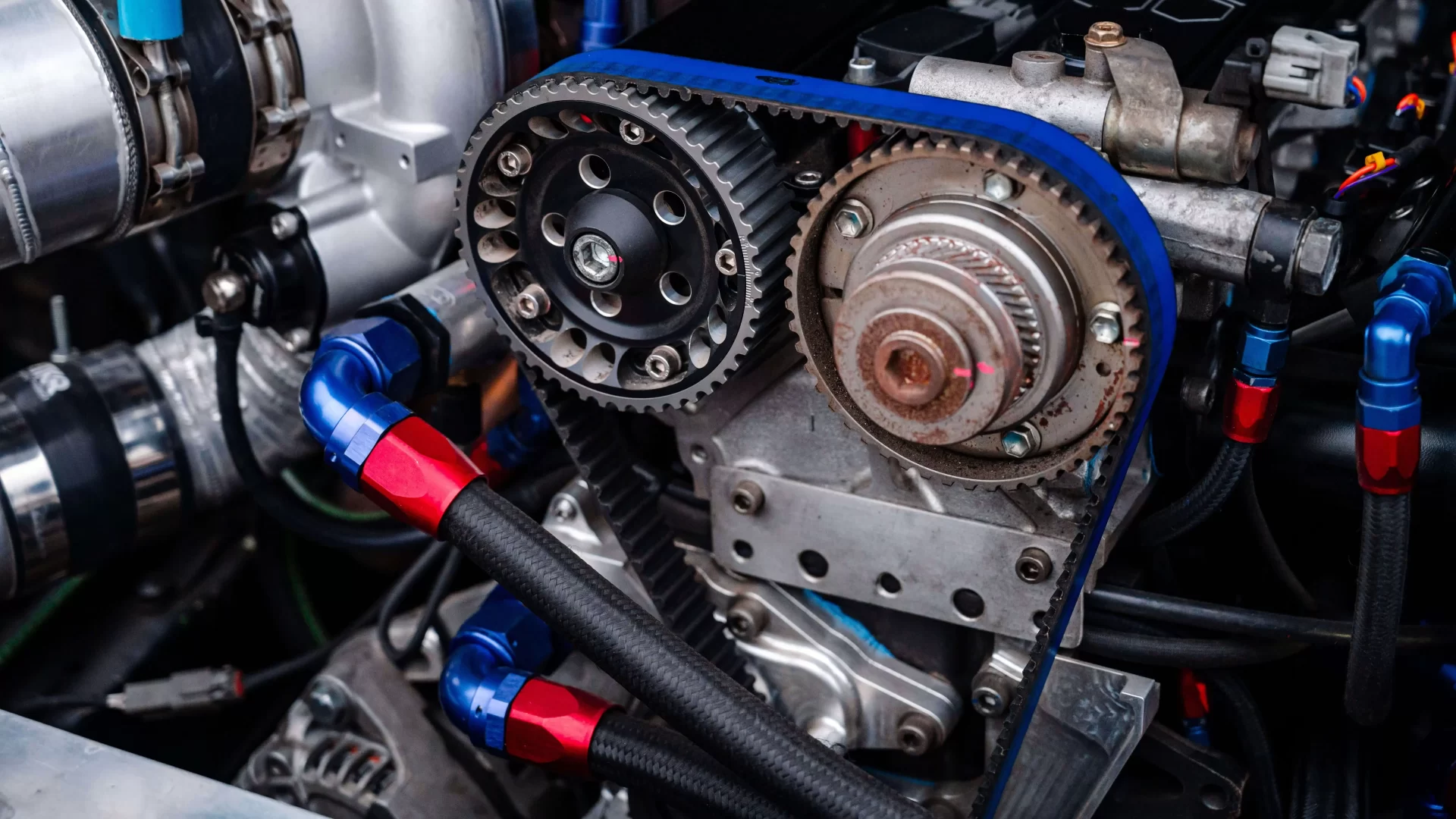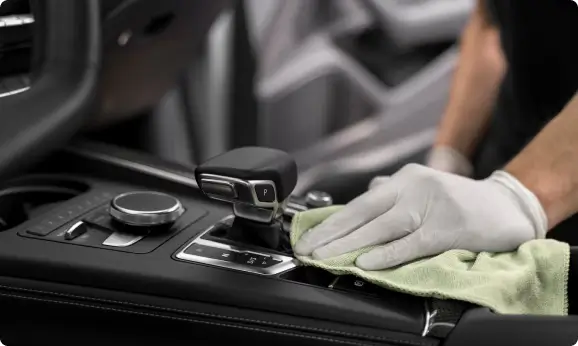Gallery
Pre-Purchase Car Inspection in Dubai
Price
Reviews
write a reviewRelated Services
Our Team
Buying a used car can be a mix of exhilaration and terror. The temptation may be great, but it pays to step back and give one thing some attention: a car pre-purchase inspection, more commonly called a PPI. This could save you from some potential headaches and costly unexpected repairs later on.
Why a Pre Purchase Inspection is Important
Pre-purchase car inspections are like health checks. They give you a better understanding of the true condition of the car, identify possible issues, and an opportunity to make an informed decision about your vehicle purchase. Here’s why a car pre-purchase inspection is so important:
- Concealed problems that used cars may contain are sometimes not revealed by the sellers. A thorough pre-purchase inspection will help you in uncovering such secrets.
- In case of issues, a comprehensive report might include estimates for the cost of repairs to assist in negotiating the price.
- A car pre-purchase inspection may also make sure that the car will not pose any hazard to you. It will keep you safe about the condition of the car.
A pre-purchase car inspection isn’t just a great idea when buying a used car; it’s a must-have. The vehicle inspection is your key to the true car’s condition, your assurance of safety, and knowledge in making the right purchasing decision.
Benefits of a Pre Purchase Car Inspection
Investing in a car pre-purchase inspection may have various benefits that will save you time, money, and stress. Below is an overview of the advantages one gets from a PPI.
- Informed Decision: Through a car pre-purchase inspection, you will get an idea as to whether the car is worth purchasing.
- Bargaining Chip: You can use the report from the inspection to try to bargain a lower price or make repairs prior to purchase.
- Future Repairs Budgeting: You will, if the inspector finds any problems, be able to plan for future repairs and thus keep costs down.
- Resale Value: A car pre-purchase inspection gives an idea of the condition of your car and, therefore, helps you in estimating the resale value.
The benefits from a pre-purchase car inspection are enormous. From making an informed decision down to making provisions for possible future repairs, a PPI might just be your smartest decision on your car-buying journey.
What to Expect from a Pre Purchase Inspection Service
A car pre-purchase inspection generally includes the following:
- Visual Inspection: This is a thorough inspection of wear and tear, damages, or repairs in the vehicle’s body, of the car’s exterior and interior.
- Test Drive: A test to see how well the vehicle handles, performs, and if there are unusual noises or vibrations.
- Mechanical Inspection: This includes an engine check and a full inspection of a vehicle’s transmission, suspension, brake system, and other mechanical parts.
- Electrical System Check: Lights, windows, stereo, and all electrical components should be in proper working condition.
- Undercarriage Inspection: Leaks, rust, or damage on the underside of the car.
Knowing what to expect from a prepurchase inspection service is only the first step toward a smooth, informed used car purchase.
Choosing the Right Inspector
Choosing the correct inspector will guarantee you a comprehensive and accurate car pre-purchase inspection. Here are the qualities you should look for:
- Certified and Experienced: Seek an inspector certified through organizations like the National Institute for Automotive Service Excellence (ASE).
- Independent: Choose an independent inspector who has no ties to either the seller or the dealership.
- Reputation: Reviews and references will help you find a reputable one.
The wrong selection of an inspector will have great repercussions on your car-buying experience. With the right decision of a certified, experienced, independent, and reputable inspector, you’re getting the most accurate and thorough assessment of vehicle condition.
Understanding the Inspection Report
The report should contain very detailed information, and be understandable to the buyer. It should contain:
- Overall Condition of Car: A summary of the overall condition of the car and major issues found.
- Detailed Findings: A list of all issues, minor and major, with descriptions and photos.
- Estimated Repair Costs: An estimate of costs to be incurred in order to repair any identified issues.
- Safety Concerns: A list of all those safety issues that require immediate attention.
Everything in an inspection report is important for you to make the best decision on the next car you purchase.
Vehicle History and Regional Specifications
A comprehensive pre-purchase inspection goes beyond the physical state of the car; it also extends to delve into details of the history of the vehicle and understand the regional specifications. Here’s a detailed look at these aspects:
Vehicle History Report (VHR)
A VHR gives a full record of the background of a vehicle. The key information includes:
- Title History: This shows any salvage, rebuilt, or flood damage titles, which highly affect the value and safety of the car.
- Accident History: A VHR will show you most of the major accidents the car has been involved in.
- Ownership History: This stands for how many previous owners the car had gone through.
- Service History: A VHR can also give you some insight into the car’s maintenance and repair history.
Regional Specifications
The regional specification of the car and some generally known problems with that particular model can also be a factor in your choice. For instance,
- Climate: Cars that have been driven in states that have harsh winters will most likely have more rust or undercarriage damage.
- Terrain: Cars driven primarily over rough roads or off-road may have more suspension damage.
A Vehicle History Report and understanding the regional specifications are integral parts of a comprehensive pre-purchase inspection.
Identifying Potential Issues
An experienced pre-purchase inspector will usually be capable of uncovering a wide range of potential issues. The following is a detailed look at these issues:
Cosmetic Issues
- Exterior: Any dents, scratches, rust, or evidence of poor repair work may indicate accident history.
- Interior: The signs that the interior needs some repair include the upholstery, which may wear out or tear; stains; cracked dashboards, etc.
- Under the Hood: A messy, filthy, or scattered engine compartment is a sign of poor maintenance; leaks, cracks, or corrosion point to specific issues.
Mechanical Issues
- Engine: A pre-purchase car inspection includes a compression test to determine the state of the engine. Low compression would signal worn-out pistons, valves, or seals. Other signs that could hint at trouble with the engine include abnormally high oil consumption, leaks in the system, or strange noises.
- Transmission: Transmission repairs tend to be very expensive. A good inspector will look for leaks, unusual noises, and hard shifting.
- Suspension and Brakes: Worn-out shock absorbers, struts, or bushings will affect handling and tire wear. In searching for brake problems, measure the thickness of the pads and take a look at the general condition of the rotors or drums, in addition to a brake-pedal performance test.
- Exhaust: The exhaust system should not have any leaks, corrosion, or other damage during a pre-purchase car inspection.
Electrical Issues
- Wiring: A careful look involves an examination of the car’s wiring harness for damage, corrosion, or poor connections.
- Battery: The inspector needs to check the battery regarding its condition and connection to the car.
- Fuse Box: He also needs to check the fuse box for blown fuses, corrosion, or other signs of damage.
Undercarriage Issues
- Frame and Unibody: The car should be on a lift to inspect the frame or unibody for damage, such as any cracks, bends, or rusting.
- Suspension and Exhaust Components: Look at the underside of the car for leaks, corrosion, or other damage to parts of the suspension and exhaust.
In a thorough inspection, the issues may range from minor cosmetic to major mechanical problems. A good inspector will check the exterior, interior, the space under the hood, and underside of the car for hidden problems and will provide a detailed report on his findings.
Using the Inspection Report to Negotiate
The inspection report can be a powerful negotiating tool. The cost of the repairs can be utilized to bargain for a lower price. Or, if you find a number of problems, you can ask the seller to make repairs before you buy the car.
With the detailed pre-purchase inspection report in your hands, you can negotiate with confidence. Justify the identified issues, repair estimates, and safety concerns to negotiate the price for a lower value.
Streamline the Buying Process
A pre-purchase vehicle inspection will also smoothen the process of buying by:
- Smarter Test Drives: You will not be investing in unnecessary test drives if the car does not pass the PPI inspection.
- Plan Repairs in Advance: In case you go ahead and buy the car despite the faults, you’ll have a budget for repairs that may come later in the future.
The reason it pays off to invest in a pre-purchase inspection is simple: it will make sure that you buy a safe and reliable car, smooth the whole process of buying, and save you from wasting time and money.
Preparing for the Inspection
In order to maximize your PPI, be prepared for the inspection by:
- Information: Get all the documents ready, like the upkeep history and ownership records.
- Car Cleaning: This makes life easier for the car inspector.
- Being Present: Make sure you’re there, so you can ask questions about everything.
Preparing for a vehicle inspection is a proactive step in a successful car-buying experience.

